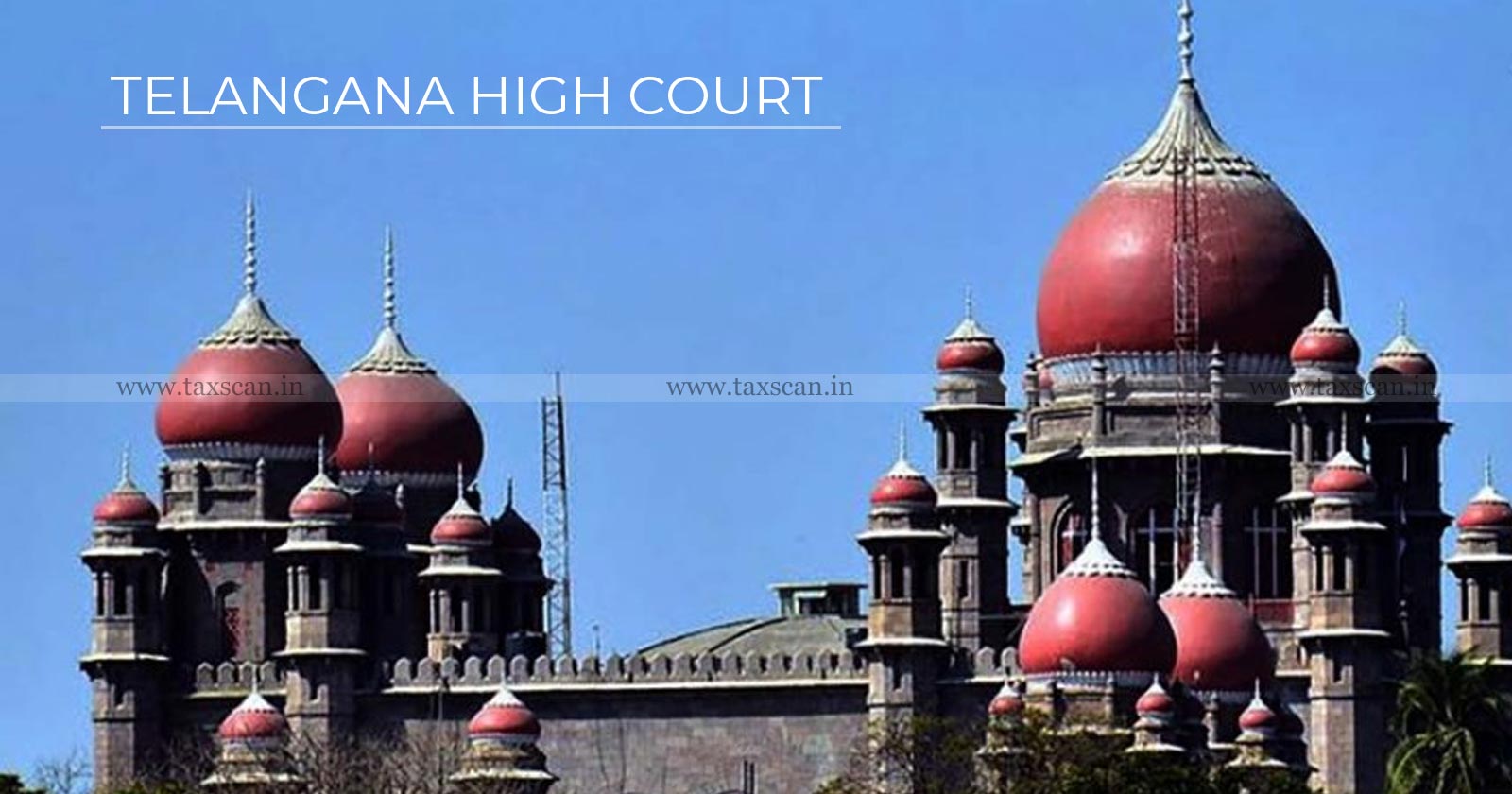Courts must Pass reasoned and articulated decisions in disputes involving Computation of Due Amount under Arbitration Act: Telangana HC [Read Order]
It was held that since the dispute between the parties was about the computation of the amount due and payable under the arbitral award, the executing court should have passed a well-reasoned and speaking order

Telangana high court – Arbitration act – order under arbitration act – Amount under arbitration act – TAXSCAN
Telangana high court – Arbitration act – order under arbitration act – Amount under arbitration act – TAXSCAN
The Telangana High Court found that the execution order under the Arbitration Act arrived cryptically and cavalierly without providing an explanation or reasoning and set aside the order. It was held that since the dispute between the parties was about the computation of the amount due and payable under the arbitral award, the executing court should have passed a well-reasoned and speaking order.
The Petitioner and the parties entered into a Memorandum of Understanding under which the Petitioner paid Rs. 15.5 crores as an advance to the Respondent. Subsequently, the Memorandum of Understanding was terminated, leading to a dispute between the parties referred to an arbitral Tribunal. The Tribunal issued an award and directed the Respondent to pay Rs.15.5 crores with interest at 21% per annum. The Respondent filed a petition under Section 34 of the Arbitration and Conciliation Act, 1996, which was dismissed, thereby finalizing the award against the Respondent.
The Petitioner then applied Order XXI Rule 54 and Rule 64 of the Code of Civil Procedure, 1908, seeking enforcement of the arbitral award with compound interest. The executing Court held that the Petitioner was not entitled to compound interest and that the amount paid by the judgment debtor with 21% interest to the decree-holder, Rs.44,42,05,254.00, fully satisfied the award. Feeling aggrieved, the Petitioner approached the Telangana High Court (“High Court”) and filed a petition under Article 227 of the Constitution.
It was argued that the executing Court erred in concluding that the term "sum" in Section 31(7) of the Arbitration Act, does not encompass "interest." Additionally, the Petitioner argued that the amount due under the final award was not accurately calculated. Conversely, the Respondent contended that the Petitioner's application for execution of the award sought payment of the principal amount plus interest at the rate of 21% per annum, and the amount paid by the Respondent, Rs. 44,42,05,254.00, completely satisfied the award.
The High Court referred to Section 31(7)(a) and (b) of the Arbitration Act. This section addresses the form and contents of an arbitral award, specifically concerning the inclusion of interest in the award for payment of money.
A division bench of Chief Justice Alok Aradhe and Justice Anil Kumar Jukanti observed that there was a deficiency in the order issued by the executing Court, , the finding recorded lacked clarity and thoroughness, appearing cryptic and cavalier in nature. The order merely presented a conclusion without adequate reasoning or explanation. Recognizing that the essential dispute revolves around the computation of the amount due and payable under the award, the High Court emphasized the importance of a well-reasoned and articulated decision by the executing Court.
The High Court set aside the order issued by the executing Court. Therefore, the matter was remitted, with a directive to the Executing Court to reconsider the issue of the sum due under the award to the Petitioner.
To Read the full text of the Order CLICK HERE
Support our journalism by subscribing to Taxscan premium. Follow us on Telegram for quick updates


